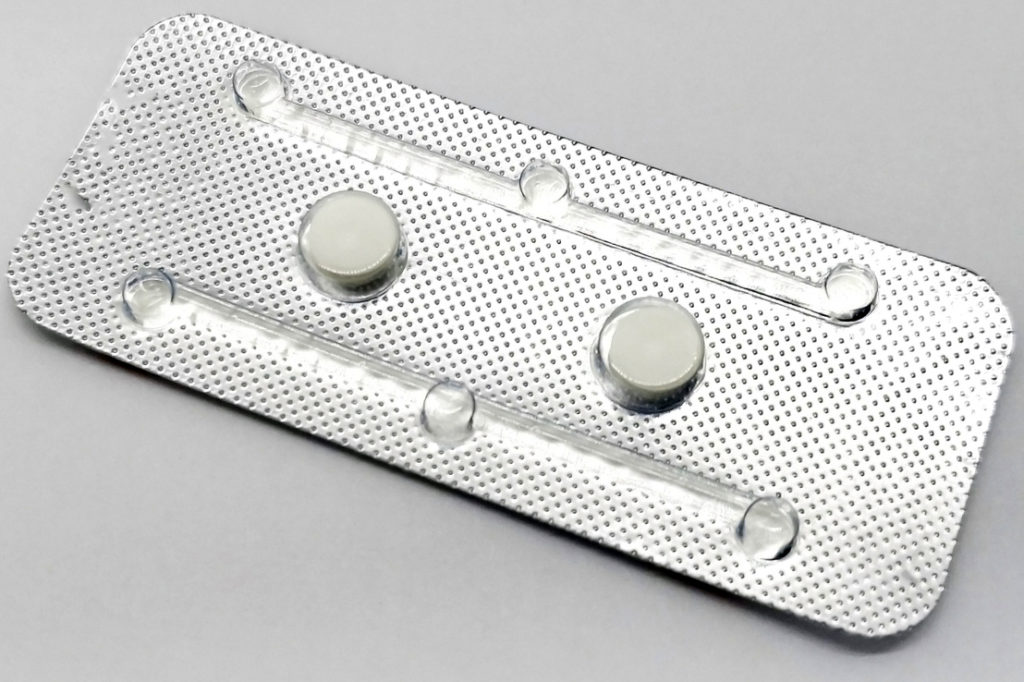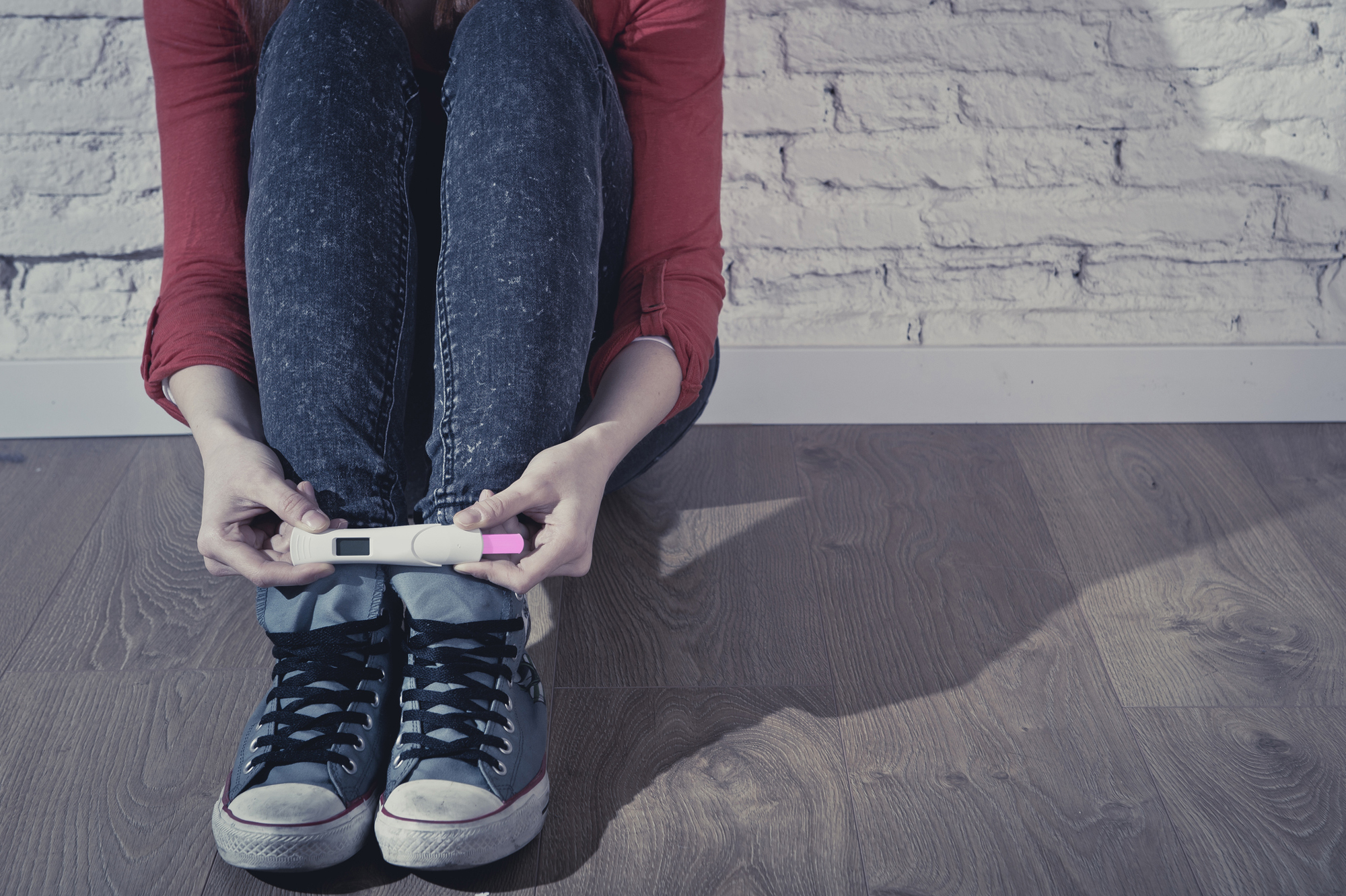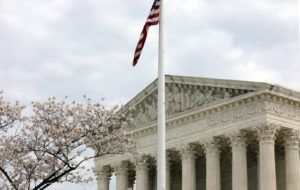
BATON ROUGE, La. (BP) – The Louisiana House passed a bill May 21 designating abortion pills as controlled substances, classifying their use as racketeering and creating the crime of coerced criminal abortion.
Designating mifepristone and misoprostol Schedule IV controlled substances, on par with various sedatives, pain pills and depression and anxiety drugs with a low potential for abuse and dependence, is the House’s main amendment to Senate bill 276 the Senate passed in April.
The Senate’s approval of the amended bill, on the chamber’s May 22 docket, would make Louisiana the first state to designate as controlled substances the drugs used in combination to induce abortion, and for other pregnancy-related conditions including managing miscarriages and inducing labor.
Jason Thacker, Ethics & Religious Liberty Commission senior fellow in life and bioethics, said such legislation is needed in the current age.
“With more than half of all abortions in America now being performed through the two-step abortion pill regimen,” Thacker said, “it is clear that concrete steps must be taken to restrict the illegal distribution of these drugs and do all that we can as a society to champion the dignity of both the pre-born and their vulnerable mothers.
“Arguing that bodily autonomy or mere personal choice should govern all abortion-related decisions fails to account for the deadly and deeply dehumanizing outcome of all abortion practices,” said Thacker, who is also an assistant professor of philosophy and ethics at Boyce College. “Legislation like this must recognize these realities as well as the dangers to women who take this medication who should be under the care of a physician.”
Under the bill, coerced criminal abortion would be punishable by five to 10 years of hard labor and/or a fine of $10,000 to $75,000. But when the unborn child is past three months’ gestation, which the bill authors said substantially increases the pregnant mother’s chance of harm or death, penalties would increase to 10-25 years of hard labor, and/or a fine of $50,000 to $100,000, according to the text of the bill on the state legislature’s website.
Currently, unlawful possession of Schedule IV drugs in Louisiana is punishable by a fine of up to $5,000 and/or imprisonment of one to five years, according to Louisiana Revised Statute 40:969.
The original Senate bill did not reference controlled substances. Rather, Republican Sen. Thomas Pressly introduced the original bill after his sister Catherine Herring’s estranged husband pleaded guilty to drugging her with the abortion pill combination without her knowledge or consent. Their daughter Josephine survived with developmental delays requiring frequent therapy, NBC News reported Feb. 24.
The Catherine and Josephine Herring bill, named in their honor, would create the crime of “coerced criminal abortion by means of fraud,” targeting those who give abortion pills to a pregnant woman without her knowledge or consent, and would criminalize abortion attempts regardless of their success. The bill exempts pregnant women from penalties under the current bill related to possessing the drugs for her own consumption, in line with Louisiana’s anti-abortion law that exempts mothers from prosecution.
The law would become effective upon the signature of Gov. Jeff Landry.
Nearly all abortions are illegal in Louisiana, with exceptions related to saving the mother’s life. An attempt to add exceptions for rape and incest failed this legislative session.
The bill’s passage would not be impacted by the anticipated U.S. Supreme Court ruling in the Biden Administration’s challenge to a case seeking to further limit the availability and usage of mifepristone, even in states where abortions remain legal.
In the U.S. Supreme Court case, Food and Drug Administration v. Alliance for Hippocratic Medicine, the ERLC submitted a brief in support of the lower court ruling ending the distribution of the drug by mail, prohibiting its use after seven months of pregnancy, and requiring in-person doctor visits for the drug to be administered.
The High Court heard the case March 26, with a decision anticipated in June or July.






















